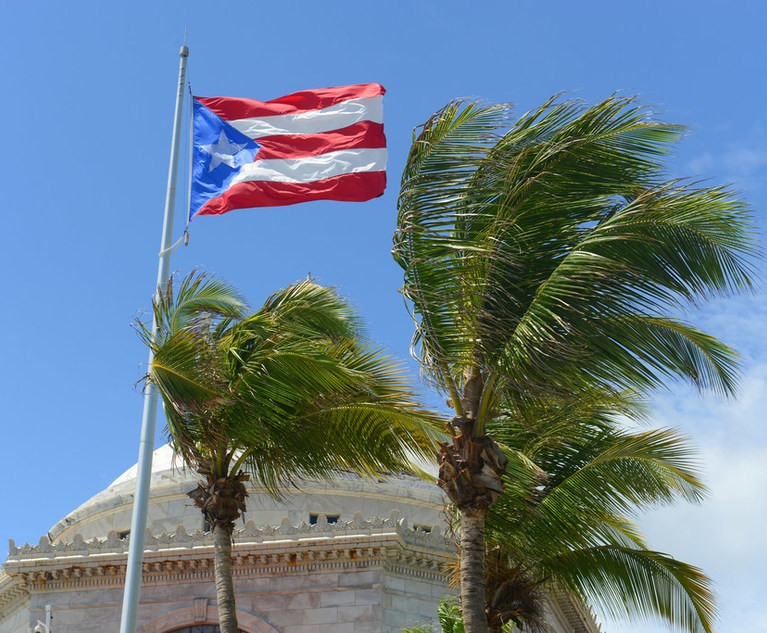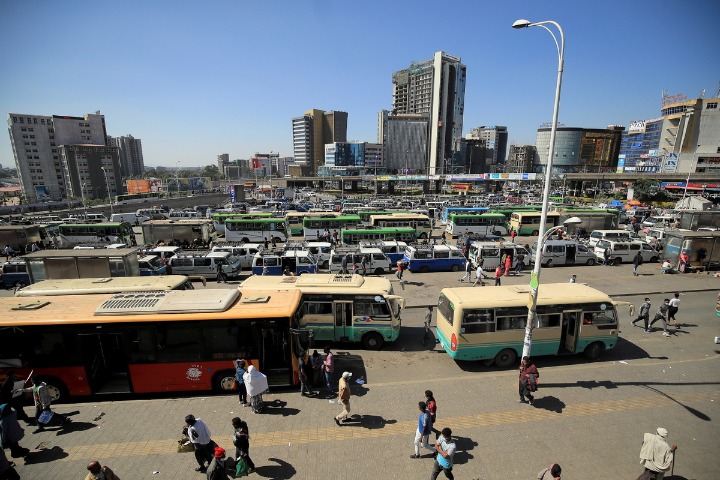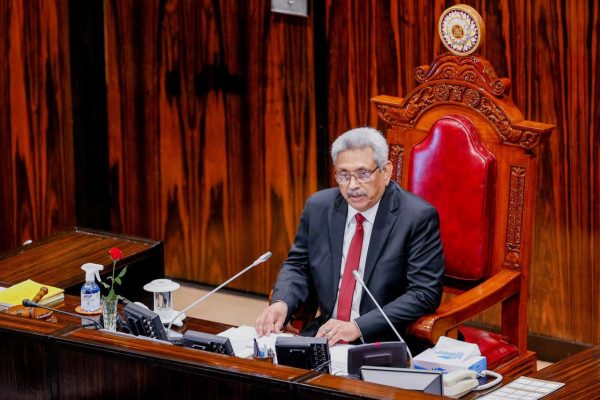Puerto Rico’s debt crisis and the political status issue

The Puerto Rican debt crisis is the product of the dysfunctional relationship between the United States and the Commonwealth of Puerto Rico. Puerto Rico is a territory of the United States. In the 21st century, Puerto Rico was the main colony of the United States. Citizens of Puerto Rico do not have the opportunity to vote for members of the United States Congress or United States Senators. The problem of colonization was further exacerbated by the promulgation of PROMESA. PROMESA is a legal mechanism that will perpetuate the colonial relationship between Puerto Rico and the United States into the indefinite future. In essence, PROMESA establishes the Financial Oversight Management Board (FOMB) which functions as a territorial governor overseeing the financial and legal affairs of Puerto Rico. For Puerto Rico to be a viable political and economic entity, the legal relationship between Puerto Rico and the United States must be transformed into a mutually beneficial and productive one. There should be a referendum in Puerto Rico on whether Puerto Rico should be admitted as a state of the United States. The results of the Puerto Rico referendum should be binding on the federal government.
A referendum on the political status of Puerto Rico is expected to be held within the next two years. Puerto Rico needs to be represented in the US Congress in order to influence its destiny. As the following discussion shows, the United States has enacted and repealed laws that have truncated the Puerto Rican economy. Thus, many legislative actions by Congress have been detrimental to Puerto Rico and, as a result, have been responsible for the economic crisis that has plagued Puerto Rico over the past decade.
The United States repealed IRC §936 which granted significant tax benefits to companies doing business in Puerto Rico. IRC §936 was responsible for the growth of the pharmaceutical industry in Puerto Rico, which led to a vibrant middle class. The pharmaceutical industry was the foundation of the manufacturing sector in Puerto Rico. The repeal of IRC §936 as well as the financial crisis of 2008/2009 would be responsible for the long decade of economic recession in Puerto Rico.
The Jones Act is a de facto tariff on all goods shipped to Puerto Rico. The Jones Act requires that all goods shipped to Puerto Rico be shipped on US flagged vessels with US crew. Puerto Rico, which has a lower per capita income than Mississippi, subsidizes the United States’ merchant marine industry. If Puerto Rico’s economy is to be competitive with low-tax jurisdictions, then the Jones Act must be repealed.
Puerto Rico is a territory and, therefore, its Medicaid funding is based on a different formula than that used to distribute Medicaid funding to a state. Puerto Rico receives much less Medicaid funding than a state with an equivalent population. Puerto Rico’s poverty rate is 42%. Therefore, Medicaid funding is essential to ensure Puerto Rico’s public health system is properly funded. The Medicaid funding gap negatively affects the government of Puerto Rico and the people of Puerto Rico who depend on its public health system.
Hurricane Maria is the worst natural disaster in Puerto Rican history. However, the federal response to Hurricane Maria was excruciating. It was only after three years that federal funds began to flow to rebuild Puerto Rico. It takes a long-term comprehensive plan to rebuild Puerto Rico. The long-term reconstruction plan includes modernizing Puerto Rico’s infrastructure and repairing damage from Hurricane Maria in Puerto Rico.
PROMESA created the FOMB, which oversees the government of Puerto Rico. The relevant provision of PROMESA provides that the government of Puerto Rico cannot replace the acts of the FOMB:
(a) In general
Neither the governor nor the legislature can:
(1) exercise control, supervision, monitoring or review of the Supervisory Board or its activities; Where
(2) promulgate, implement or apply any law, resolution, policy or rule that would undermine or cause the objectives of this chapter to be defeated, as determined by the Supervisory Board.
48 USC §2128 (a). Essentially, a federally appointed council, the FOMB, is the de facto territorial government of Puerto Rico.
Another important element of PROMESA is Title III and the Puerto Rico adjustment plan. A key aspect of PROMESA is that it is the FOMB that is Puerto Rico’s representative in Title III matters, not the elected representatives of the government of Puerto Rico. Once an adjustment plan is confirmed, it will become a binding order of the federal court in Puerto Rico. Until the order confirming the adjustment plan is rescinded or is no longer in effect, the adjustment plan is binding on Puerto Rico. A willful violation of the adjustment plan is enforceable by civil or criminal contempt. A federal court has the power to impose fines on the government of Puerto Rico to compel it to comply with its orders.
PROMESA does not address the factors that precipitated Puerto Rico’s economic collapse. Puerto Rico’s economy has not been rehabilitated. In the absence of a transformation in the relationship between Puerto Rico and the federal government, Puerto Rico’s enormous economic and social problems will continue to escalate.
There should be a referendum in Puerto Rico regarding the political status of Puerto Rico, and Congress should accept the results of that referendum. The current state of the Commonwealth has turned out to be a dismal failure. Puerto Rico’s political status must be reassessed to address its economic, legal and social challenges. Puerto Rico needs representation in the US Congress. There is a direct link between federal action and Puerto Rico’s economic, legal and social problems. If Puerto Rico is to continue to be part of the United States, then it should be an equal partner with full representation at the federal level. At this point, maintaining Commonwealth status will make Puerto Rico a colony mired in economic, legal and social problems for the indefinite future.
If Puerto Rico is a state, then it would have two US senators and five members of Congress. Given the delicate balance of power in the Senate and House of Representatives, the two main political parties would be urged to meet the needs of the people of Puerto Rico. Thus, statehood would have consequences and remove the shackles of colonialism that Puerto Rico had to endure for over a century.
Carlos J. Cuevas is a solo practitioner in Yonkers, NY, and an associate researcher at the University of Houston Law School.





![[Press release] Debt crisis: a failed G20 summit](https://www.cadtm.org/local/cache-vignettes/L710xH373/f0bd231bf33e0619051e008da75a42-274d7.jpg)
